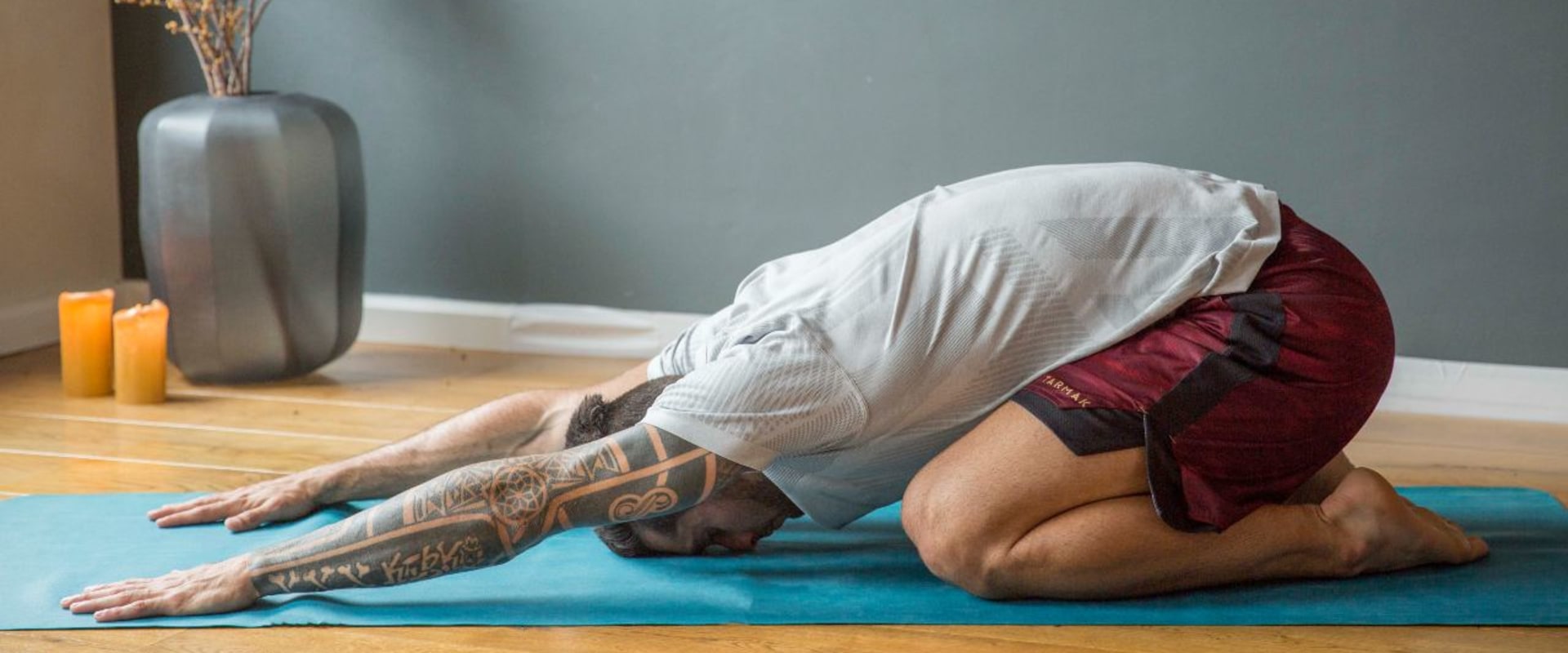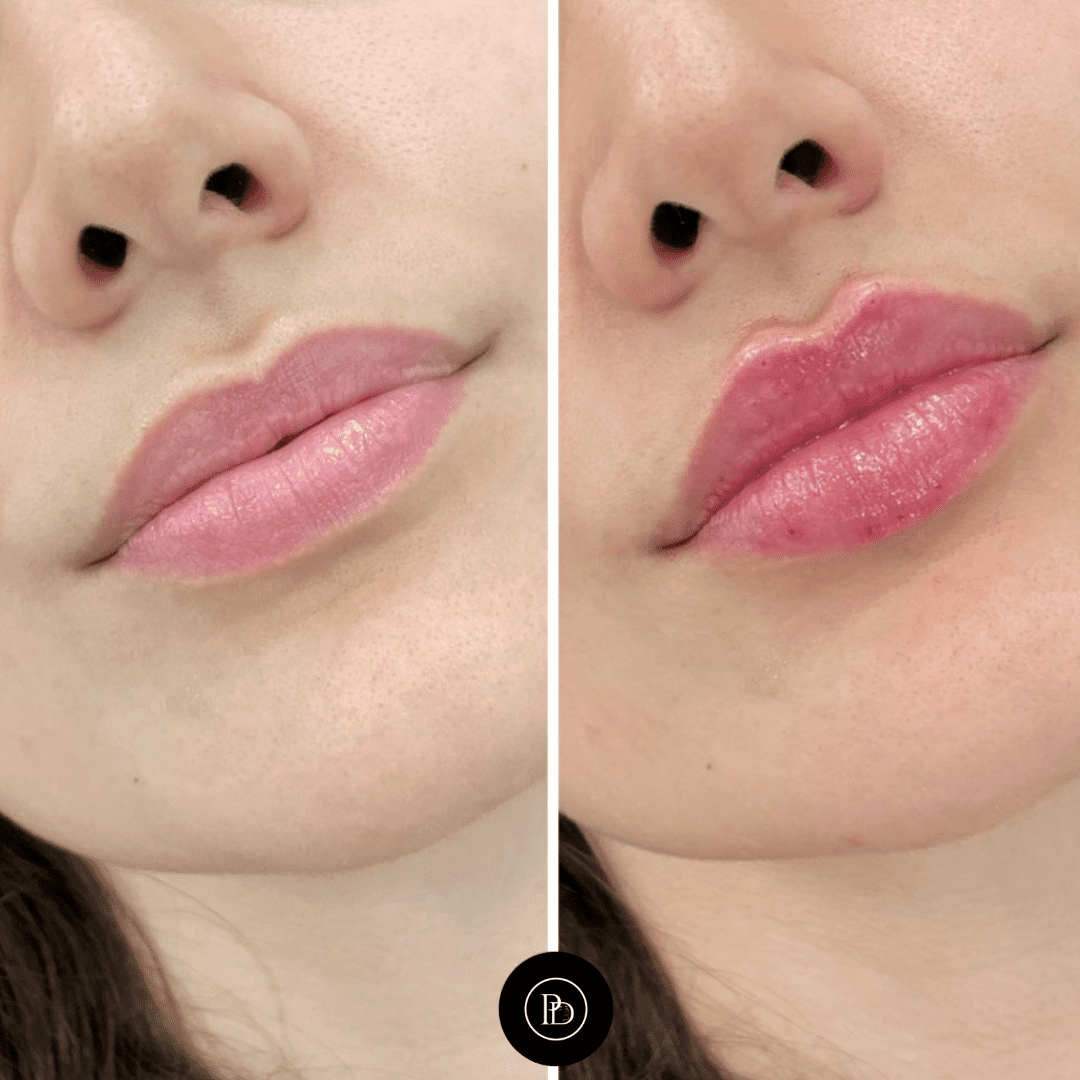In today’s fast-paced world, the importance of mental well-being cannot be overstated. With rising levels of stress, anxiety, and depression, many individuals are searching for ways to maintain a balanced and healthy state of mind. Among the many fitness trends that have gained popularity in recent years, Power Yoga stands out not only for its physical benefits but also for its profound impact on mental health.
Power Yoga, a more dynamic and vigorous offshoot of traditional yoga, has taken the wellness world by storm due to its ability to combine the mental focus of yoga with the physical intensity of a workout. While it’s often seen as a means of sculpting the body and enhancing physical fitness, its mental health benefits are equally significant. In this article, we’ll explore how Power Yoga can help boost your mental health and well-being.
What is Power Yoga?
Power Yoga is a fast-paced, fitness-based approach to yoga, inspired by Ashtanga Yoga, with a focus on strength, flexibility, and cardiovascular health. Unlike traditional forms of yoga, which are often slow and meditative, Power Yoga is more intense and designed to challenge your body through a series of continuous, flowing postures.
While Power Yoga may not follow the same rigid sequence as Ashtanga Yoga, it still retains the focus on breath (pranayama), concentration, and mindfulness. The dynamic movements and postures help build endurance and strength, while the mental focus required to maintain balance and flow engages the mind.
The Mental Health Benefits of Power Yoga
- Stress Reduction
One of the most immediate benefits of Power Yoga is its ability to reduce stress. The combination of physical exertion and focused breathing helps lower cortisol levels, which are responsible for stress in the body. Power Yoga offers a physical outlet for pent-up stress and tension, allowing your mind to relax and unwind after an intense session. As your body moves through challenging poses, the mind becomes more focused on the present moment, effectively shutting out external worries and anxieties.
Power Yoga promotes mindfulness through breath awareness, helping practitioners stay grounded in the present moment. This is particularly beneficial for individuals who experience chronic stress, as mindfulness practices have been shown to reduce anxiety and promote a sense of calm.
- Increased Mindfulness and Mental Clarity
Power Yoga requires a high level of concentration to transition smoothly from one pose to the next, maintain balance, and synchronize your movements with your breath. This deep focus naturally enhances mindfulness, a practice that has been widely proven to improve mental clarity and emotional regulation. As you become more aware of your body, thoughts, and breath during a Power Yoga session, you also become better equipped to manage stress and anxiety in your daily life.
By practicing mindfulness in a dynamic environment like Power Yoga, you train your brain to stay focused on the present, reducing the tendency to dwell on past regrets or future worries. Over time, this practice enhances mental clarity, helping you make better decisions and approach challenges with a calm and clear mind. Learn more about power yoga poses for weight loss fast.
- Enhanced Mood and Reduced Symptoms of Anxiety and Depression
Physical activity, in general, triggers the release of endorphins, often referred to as “feel-good” hormones. Power Yoga, being a rigorous form of exercise, stimulates the production of endorphins, which can naturally lift your mood. This increase in endorphins can help alleviate feelings of anxiety and depression, providing a sense of emotional balance and well-being.
Moreover, Power Yoga incorporates breath control techniques (pranayama), which have been shown to help regulate the nervous system. Deep, rhythmic breathing during Power Yoga activates the parasympathetic nervous system, promoting relaxation and reducing the symptoms of anxiety and depression. Over time, consistent practice can lead to long-term improvements in mood and emotional stability.
- Improved Sleep Quality
Power Yoga’s combination of physical exertion and mental relaxation can have a positive impact on sleep quality. Many individuals struggling with anxiety, stress, or depression often suffer from sleep disturbances. The deep breathing, physical fatigue, and relaxation techniques used in Power Yoga help calm the nervous system and improve the quality of sleep.
By reducing stress levels and enhancing relaxation, Power Yoga enables you to fall asleep more easily and stay asleep longer. Improved sleep quality, in turn, supports mental health by allowing the brain to rest and recover, which is essential for emotional regulation, cognitive function, and overall well-being.
- Boosted Self-Esteem and Confidence
Engaging in regular Power Yoga practice can also boost self-esteem and confidence. The physical challenge of Power Yoga encourages practitioners to push their limits, achieve goals, and notice improvements in strength and flexibility over time. As you build a stronger body, you also build a stronger sense of self.
Power Yoga helps cultivate a sense of accomplishment, which is particularly beneficial for individuals who struggle with low self-esteem or negative body image. By focusing on what the body can do rather than how it looks, Power Yoga promotes body positivity and helps individuals develop a healthier relationship with themselves.
- Increased Emotional Resilience
Life can often throw unexpected challenges our way, and building emotional resilience is key to maintaining mental well-being. Power Yoga teaches practitioners to stay present and composed during difficult situations, both on and off the mat. As you learn to breathe through challenging postures, you develop the ability to remain calm and centered during stressful situations in your daily life.
This practice of resilience helps in dealing with emotional upheavals, allowing individuals to process their emotions in a healthy and constructive manner. The discipline and perseverance gained from Power Yoga translate into emotional strength, helping individuals manage stress, conflict, and adversity more effectively.
Conclusion
Power Yoga is much more than a physical workout. Its combination of strength-building postures, breath control, and mental focus makes it a powerful tool for enhancing mental health. From reducing stress and anxiety to improving mood, sleep quality, and self-esteem, the benefits of Power Yoga are extensive and transformative.
As with any mental health practice, consistency is key. Regular Power Yoga practice, even for just 30 minutes a few times a week, can lead to noticeable improvements in mental well-being. Whether you’re looking to manage stress, improve emotional resilience, or boost your mood, Power Yoga offers a holistic approach to achieving both physical and mental harmony.



